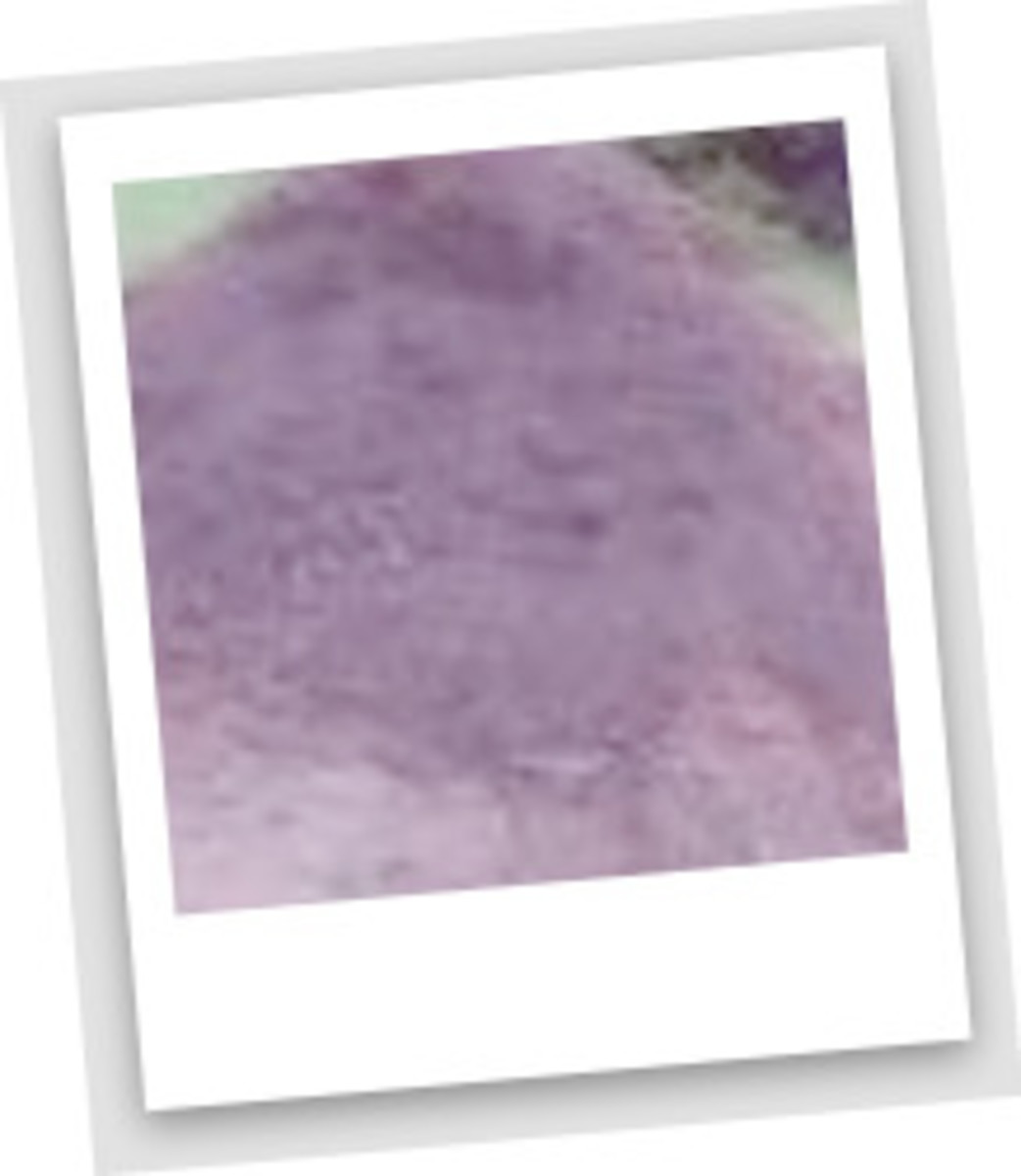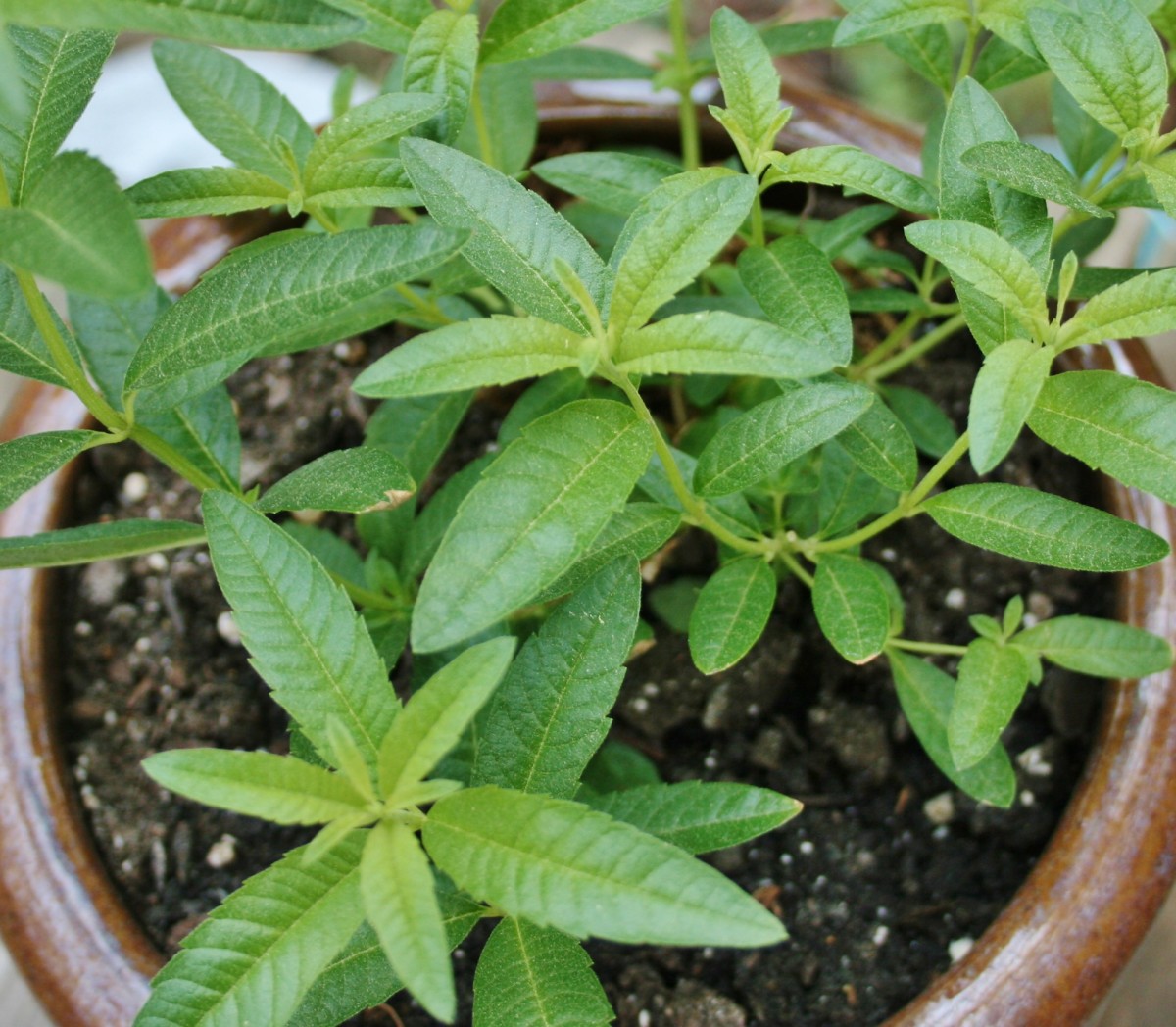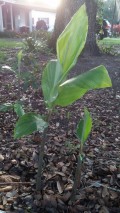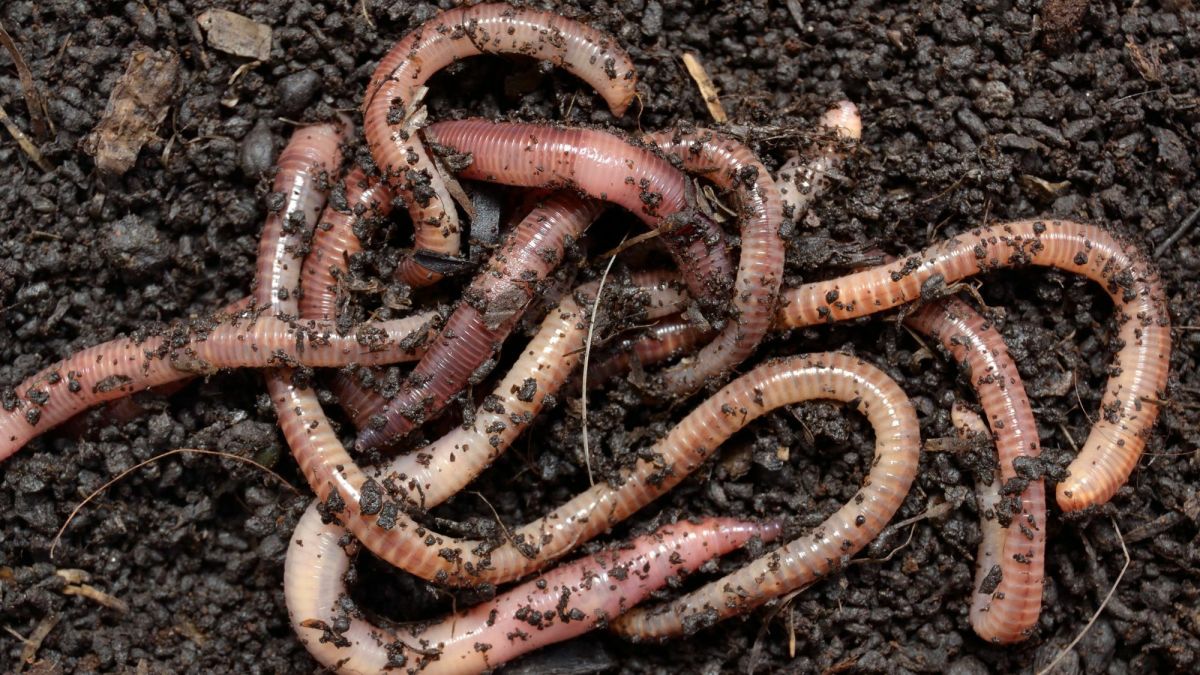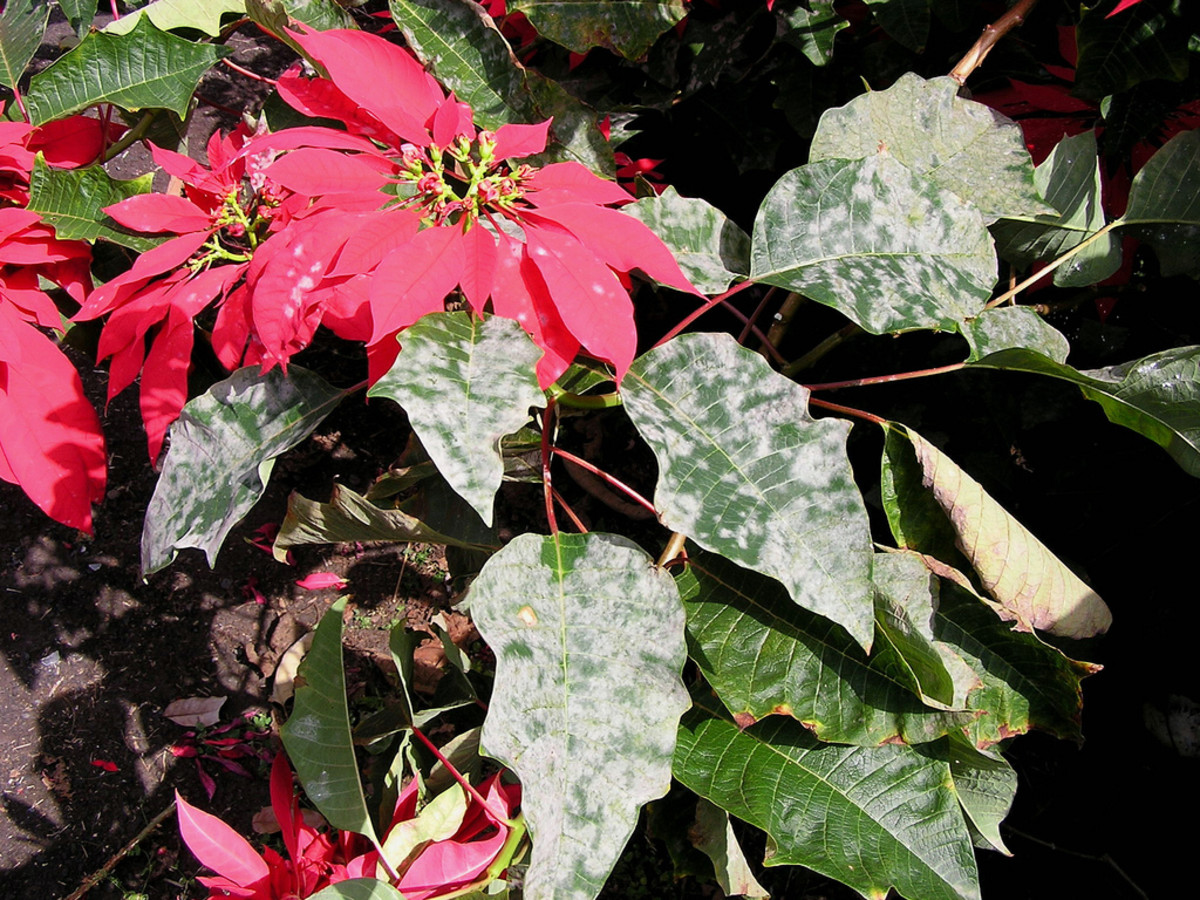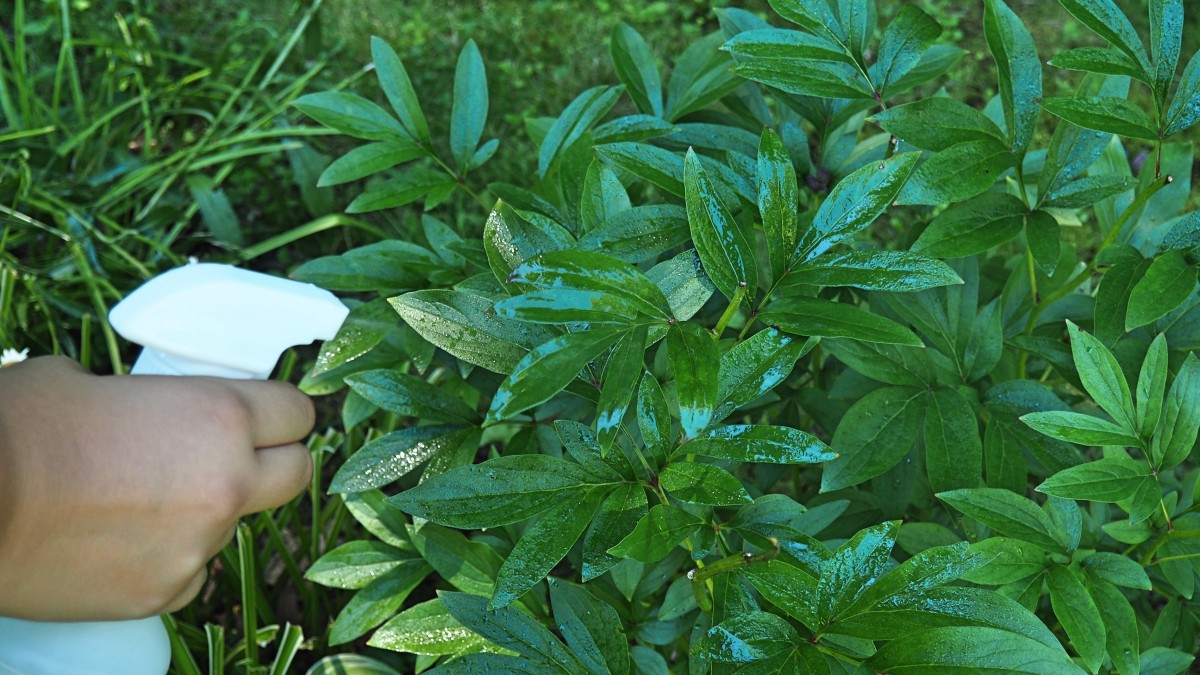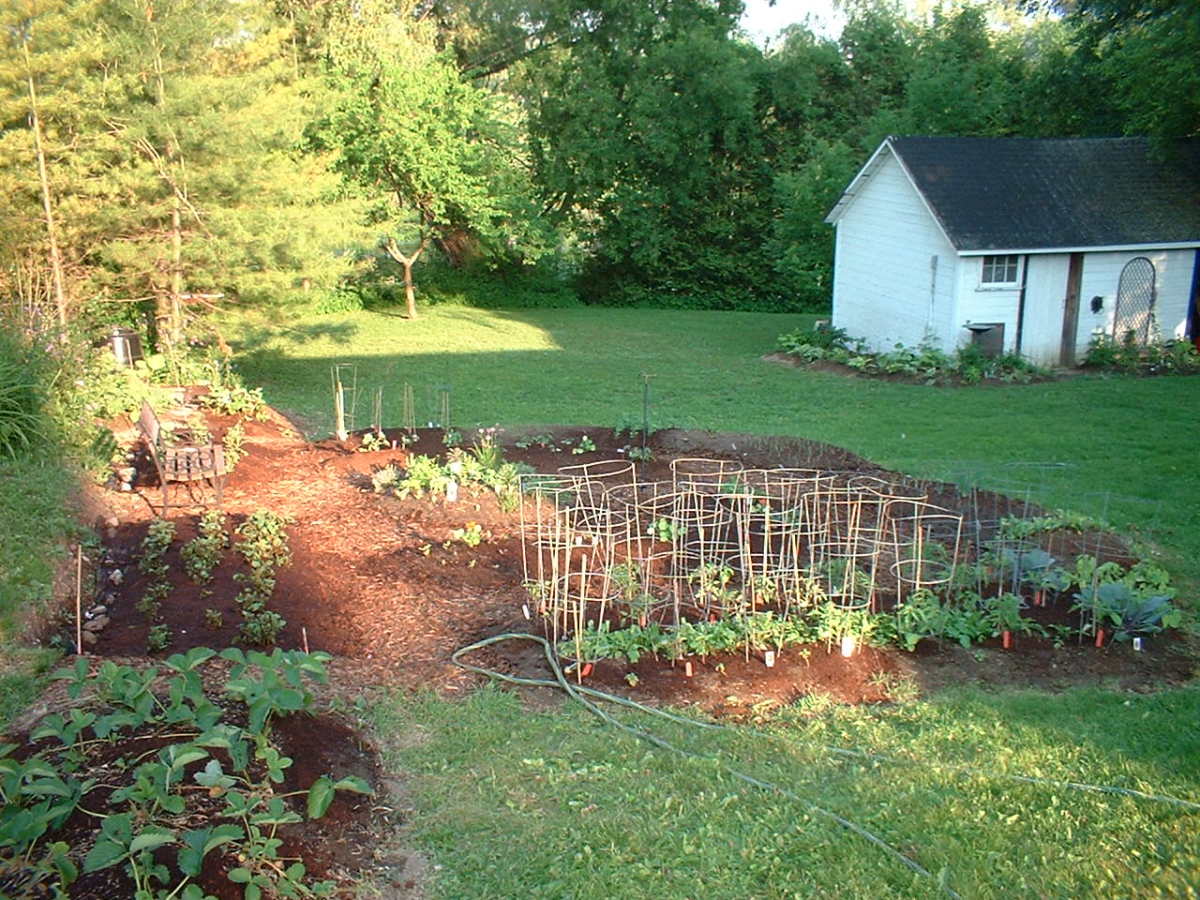Recipe for Organic Potting Soil Mix
Organic potting medium
For home composters who frequently use potting mix, making their own soil for container gardening—without using expensive store-bought ingredients—is a big money saver that's well worth the time and effort.
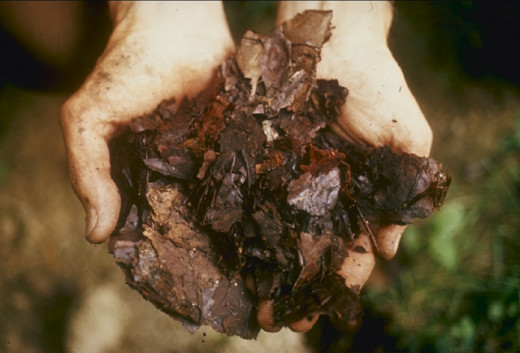
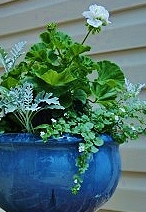
Why not store-bought mix?
It's probably not completely organic.
Potting medium from the local garden center or discount house usually contains a variety of organic material, such as vermiculite (hydrated laminar magnesium-aluminum-ironsilicate) perlite (volcanic rock), coir (coconut fiber), worm castings, bat guano, sand, peat (Sphagnum peat moss), compost, bark and/or soil.
And, unless it's 100 percent certified organic, store-bought potting soil will probably contain many manmade elements, too, including pesticides, herbicides and sythetic fertilizers.
How much do you spend on potting soil a year?
Even potting soil ingredients such as lime, which seem organic at first glance, may actually contain synthetic bonding agents as well as other nonorganic additives as a result of the manufacturing process.
Store-bought mix is expensive.
If you do lots of container gardening, buying potting soil at the local garden center or discount chain can be an expensive proposition, especially if you buy better quality mixes.
Although we do most of our gardening in beds and islands, it would take about 20 large bags of commercial potting soil to fill the containers in our flowerbeds, entryways and deck. If we buy the really good stuff, that's over $200 on soil alone!
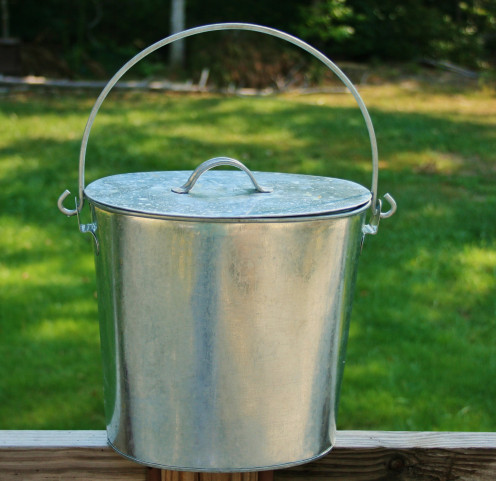
Easy Organic Recipe
For home composters, the easiest, least expensive recipe for homemade organic potting soil has got to be a simple 50-50 mix of homemade compost and garden soil.
What's Organic?
Organic ingredients are comprised of matter derived from plants and/or animals. Organic ingredients are all natural, and do not contain any synthetic or manmade elements.
The beauty of this recipe is that it uses what you have on hand, so there's no need to buy anything to add to the mix.
The only drawbacks are that making it isn't as easy as simply mixing the two ingredients together.
The compost must be screened, and both ingredients must be heated in order to kill harmful pathogens, fungal spores and weed seeds.
Chicken wire wrapped over a wooden frame works well for screening out large chunks of compost.
As for the pastuerization process, you can go about that any number of ways.
How to Pastuerize Potting Mix
Small Batches
If you're pasteurizing small batches of homemade potting mix, you can do it in the oven.
Simply moisten a few quarts of mix and bake it in an aluminun foil-covered cooking pan at about 180 degrees F for 30 minutes.
Stick a meat thermometer into the foil and check on the soil every so often. When the thermometer registers 150 degrees F, turn off the oven, leaving the pan inside for another 30 minutes.
Potting Soil on the Cheap
The cheapest, easiest way to make your own potting soil is to use the organic material that you have on hand rather than buying organic components often used in packaged potting mix, such as bonemeal, perlite and vermiculite.
Check the thermometer periodically to make sure that the temperature doesn't shoot up to 190 degrees F or more. If it does, leave the oven door open for a few minutes to bring the temperature down.
Large Batches
For large batches of potting soil, place the mix in a heavy-duty black garbage bag and set it in a sunny spot in the garden for several weeks in summer. As temperatures rise, the mix will cook.
Frequent Batches
If you intend to cook up lots of organic potting soil over a period of time, consider building a solar cooker , such as the Kyoto Box solar cooker, out of cardboard boxes.
Easy Potting Soil Recipe Variations
If you have them on hand, composted barnyard manures, leaf mold, and/or a sprinkling of wood ash could be added to the mix prior to pasteurization.
Soil Recipes & More
- Potting Mixes for Certified Organic Production
Over 10 potting mix recipes from the National Sustainable Agriculture Information Service (NSAIS). - Organic and Homemade Potting Soil
This article does good job of explaining what is and isn't organic. Also contains a list of materials ordinarily used for creating potting soil. - Best Houseplants for Purifying Air
Choosing the right houseplants will rid your home or office of harmful toxins. Certain plants have the ability to purify the air and with NASA backing up this fact, here are my top 10 plus more tips. - Potting Soil Recipes: Organic Gardening
Want to save money and grow healthier plants? Follow these recipes to create your own perfectly nourished potting soil. - Homemade Potting Soil
This recipe from Better Homes & Gardens isn't organic, but it is homemade and, if you buy ingredients in bulk, it could save you money over time.

